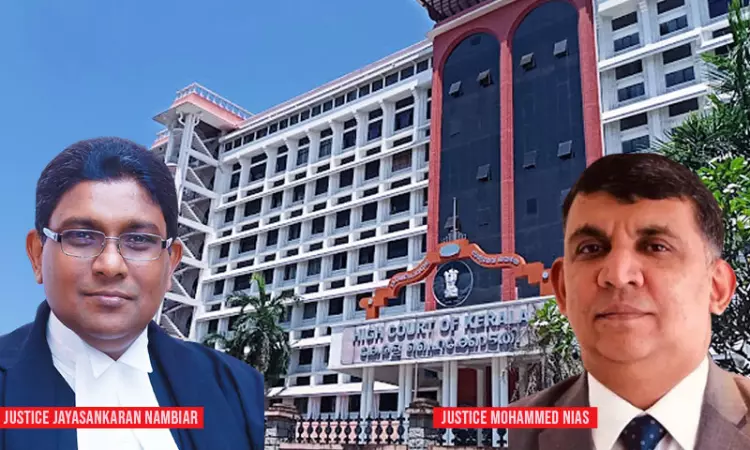KVAT Act | Tax Doesn't Apply To Transfer Of Goods But To Transfer Of 'Right To Use' Goods: Kerala High Court
Hannah M Varghese
12 Sept 2023 10:53 AM IST

Next Story
12 Sept 2023 10:53 AM IST
In a significant ruling, the Kerala High Court recently held that the tax under the KVAT Act applied not to the transfer of goods but to the transfer of the right to use goods.A division bench of Justice A.K Jayasankaran Nambiar and Justice Mohammed Nias CP added that the taxable event occurs when the contract for goods delivery is executed, irrespective of whether the transfer...
